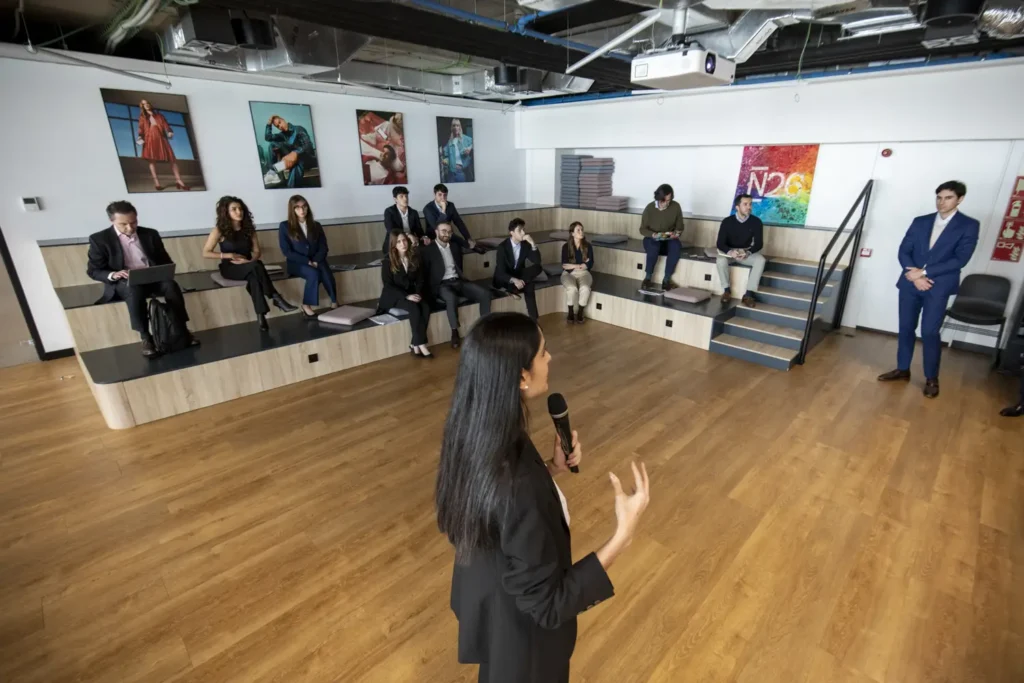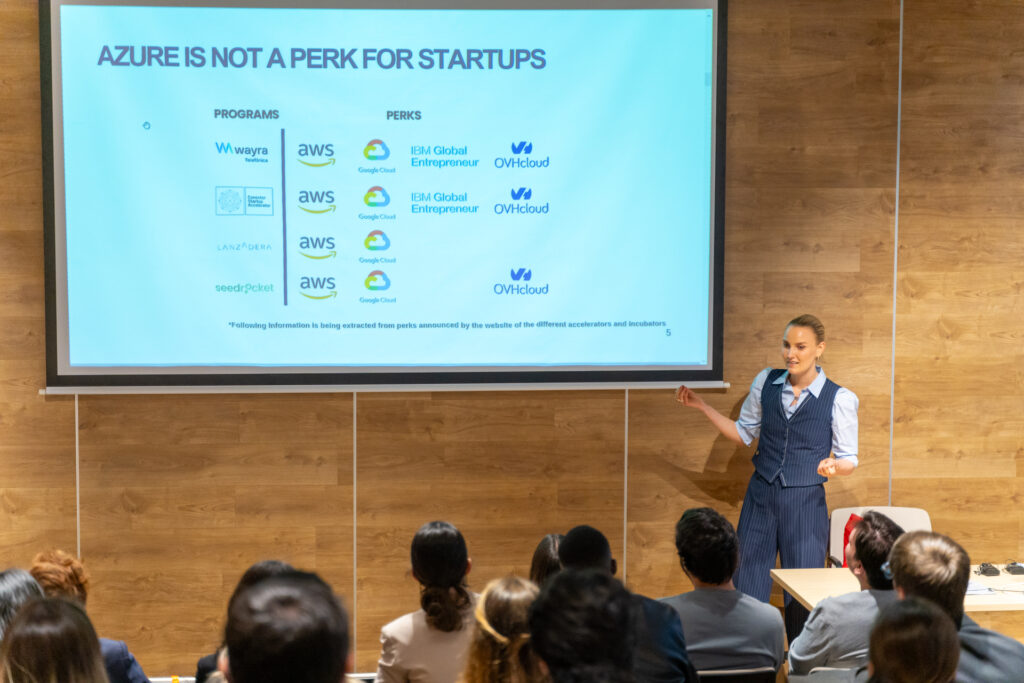Leadership style trends are reshaping how organizations adapt to the evolving demands of today’s world. A Gallup study found that only 13% of employees worldwide are engaged at work, highlighting the critical role of effective leadership in fostering employee engagement. As sustainability, diversity, and adaptability become key priorities, new leadership styles are emerging to address these needs. Understanding these trends is essential for professionals aiming to lead with impact and innovation.
Next, we will uncover the leadership styles that are shaping today’s trends and transforming the way we lead.
Kind Leadership
Kind leadership is a cornerstone of today’s leadership style trends. Kind leaders create a compassionate and supportive environment, blending empathy with strategic decision-making. This approach emphasizes sustainability, social impact, and a human-centered way of working. Kind leadership empowers individuals while fostering a culture of respect, inclusion, and collaboration.
Key traits:
- Empathy and compassion
- Authenticity and transparency
- Commitment to social impact and sustainability
When it works best: In organizations aiming to prioritize well-being, sustainability, and a positive societal impact.
Inclusive Leadership
Inclusive leadership is another key player in modern leadership style trends. Inclusive leaders embrace diversity and ensure all team members feel valued and heard. They leverage varied perspectives to drive innovation and foster an equitable environment where everyone can thrive.
Key traits:
Key traits:
- Active listening
- Cultural competence
- Advocacy for diversity and inclusion
When it works best: In global teams or multicultural organizations prioritizing equity.
Digital Leadership
Digital leadership is essential in the era of remote work and digital transformation. Leaders must navigate virtual collaboration and technological advancements effectively. Digital leaders use tech-savviness and communication tools to maintain cohesion and productivity in dispersed teams.
Key traits:
- Technological proficiency
- Strong virtual communication skills
- Flexibility in managing remote teams
When it works best: In tech-driven or hybrid work environments.
Adaptive Leadership
Adaptive leadership stands out in leadership style trends for its focus on thriving in uncertain and rapidly changing environments. Adaptive leaders emphasize flexibility, resilience, and empowering teams to innovate and respond proactively to challenges.
Key traits:
- Resilience
- Strategic foresight
- Ability to manage complexity
When it works best: In industries facing disruption or during organizational change.
Ethical Leadership
Ethical leadership emphasizes integrity and responsibility in decision-making. These leaders balance organizational goals with societal and environmental considerations, making them essential in sustainability-focused organizations.
Key traits:
- Integrity and accountability
- Commitment to transparency
- Focus on long-term impact
When it works best: In organizations with a strong commitment to corporate social responsibility.
Collective Leadership
Collective leadership fosters shared responsibility and decision-making among team members. This approach encourages collaboration, creativity, and leveraging diverse skill sets.
Key traits:
- Shared ownership
- Facilitation skills
- Emphasis on collaboration
When it works best: In creative or cross-functional teams.
Moving Beyond Outdated Leadership Styles
Leadership style trends also highlight the decline of traditional methods like autocratic or transactional leadership. These outdated approaches rely heavily on hierarchy, control, and rigid processes, often stifling creativity and engagement.
Why They’re Losing Relevance:
- Autocratic Leadership: Its rigid, top-down approach contrasts sharply with today’s emphasis on empowerment and collaboration.
- Transactional Leadership: Focused solely on rewards and penalties, it lacks the human-centered engagement that modern teams value.
Why Leadership Style Trends Matter
Leadership style trends matter because they shape the future of organizations and industries. For professionals and organizations like Advantere School of Management, fostering adaptable, ethical, and inclusive leaders is vital for driving meaningful impact in their fields.
By embracing these emerging trends, leaders can inspire innovation, foster resilience, and create a better, more sustainable future for all.
At Advantere, we prepare future leaders through our three transformative master’s programs: the Master’s in International Management, the Master in Finance, and the Master in Talent Management (HR), designed to equip you with the skills to lead in a world driven by impact and innovation.






